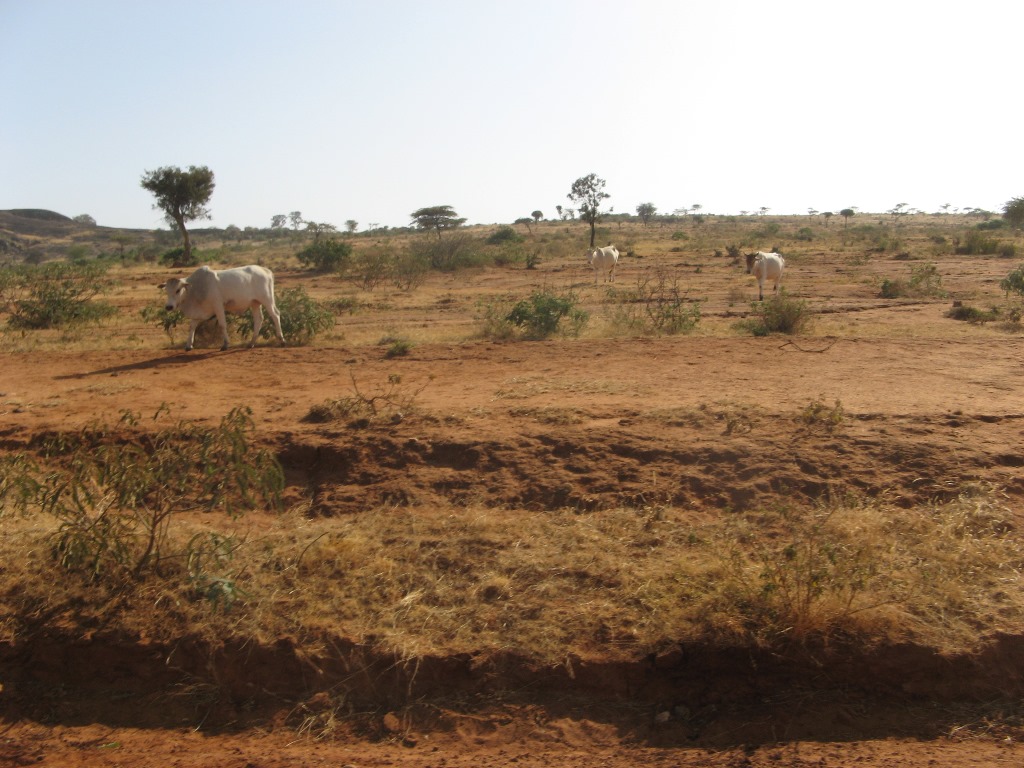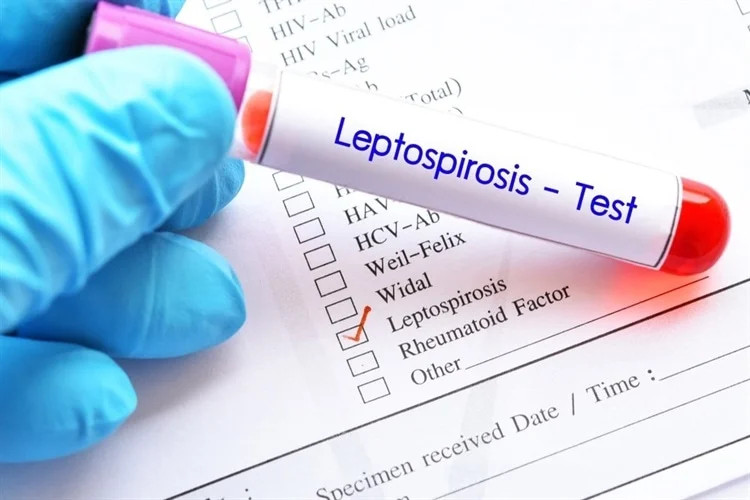Rangeland refers to land primarily used for grazing livestock such as cattle, sheep, and goats. It is an extensive, uncultivated area dominated by native vegetation, including grasses, shrubs, and other plants suitable for forage. Rangelands are found in various ecosystems, including grasslands, shrublands, deserts, and savannas. Rangelands in Tanzania play a crucial role in supporting local livelihoods and the country’s economic development. However, their long-term sustainability is threatened.
Scientists from the Department of Animal, Aquaculture and Range Sciences at Sokoine University of Agriculture and from the Department of Wildland Resources at Utah State University, did a review to identify challenges and explore opportunities to ensure sustainability of rangeland resources in Tanzania. Opportunities include implementing dedicated policies and regulations, using expertise in range science, leveraging technological advancements, investing in land for private ranches, using ample bushes and shrub resources for small ruminant production, and responding appropriately to high market demand for milk and meat from ruminants.
Major challenges include insufficient technology and limited technical know-how, low and erratic rains leading to dry season pasture scarcity, infectious diseases, and the spread of invasive species. Other challenges include conflicting interests from other land users that have led to the massive conversion of communal rangelands to croplands and the need for areas to protect wildlife and human settlements. These challenges can be addressed by policy enforcement, strengthening pastoral organizations, fostering the growth of experts in climate-adapted forage and livestock breeding, and embracing advanced technology. Active involvement of local communities in decision-making processes and facilitating rangeland restoration can ensure the sustainable management of rangelands in Tanzania.
Another promising avenue is the strategic use of locally adapted livestock species to control invasive plants, complemented by governmental enforcement of a grading system for meat and establishing a price-based quality meat market. Incorporating these prospects into rangeland management strategies can enhance the ecological sustainability and resilience of rangelands while supporting local livelihoods. Future research should focus on evaluating and implementing these strategies to promote sustainable rangeland management practices in Tanzania and elsewhere with similar environments.

For more information, visit:
Muzzo, B.I., Maleko, D.D., Thacker, E. and D Provenza, F.R.E.D., (2023). Rangeland management in Tanzania: Opportunities, challenges, and prospects for sustainability. International Journal of Tropical Drylands, 7(2). DOI: 10.13057/tropdrylands/t070204
The Department of Animal, Aquaculture, and Range Sciences
The College of Agriculture, Sokoine University of Agriculture
Share this page




